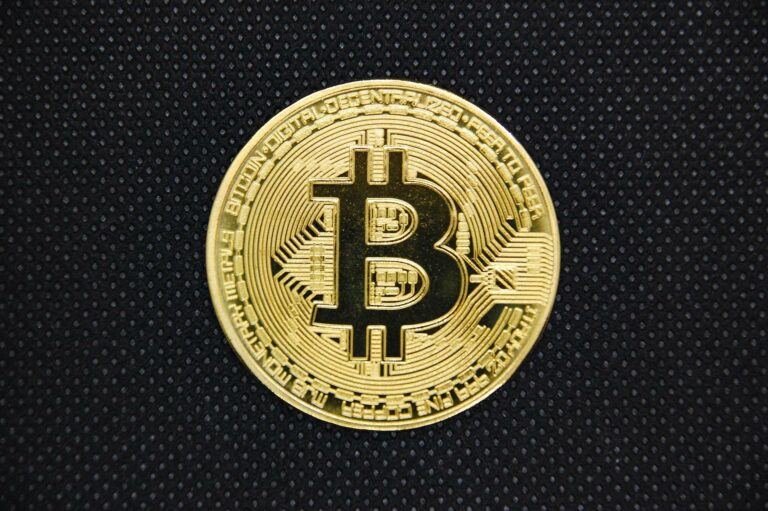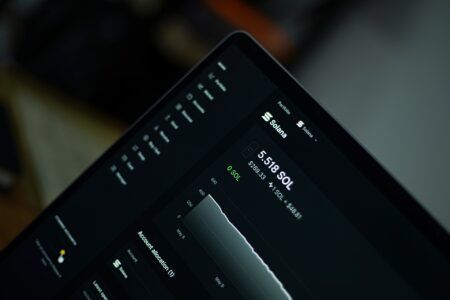Legendary American value investor William H. Miller III recently wrote that over the past decade “not owning any Bitcoin has been a massive mistake,” and that he expects this to “continue to be true.”
Miller is the Founder, Chairman, and Chief Investment Officer of investment firm Miller Value Partners, as well as the portfolio manager of firm’s mutual funds “Opportunity Equity” and “Income Strategy”.
Before starting Miller Value Partners, Bill Miller and Ernie Kiehne founded Legg Mason Capital Management, and they worked as portfolio managers of the Legg Mason Capital Management Value Trust from its inception in 1982.
It is important to point out that Miller is not your average fund manager. As CNBC noted back in June 2018, Miller’s 15-year streak (through 2005) of beating the is S&P 500 is still a benchmark no active manager can touch.”
In his “4Q 2020 Market Letter” (published on January 5), Miller had this to say about Bitcoin:
“The Fed is pursuing a policy whose objective is to have investments in cash lose money in real terms for the foreseeable future. Companies such as Square, MassMutual, and MicroStrategy have moved cash into bitcoin rather than have guaranteed losses on cash held on their balance sheet. Paypal and Square alone are estimated to be buying on behalf of their customers all of the 900 new bitcoins mined each day.
“Bitcoin at this stage is best thought of as digital gold yet has many advantages over the yellow metal. If inflation picks up, or even if it doesn’t, and more companies decide to diversify some small portion of their cash balances into bitcoin instead of cash, then the current relative trickle into bitcoin would become a torrent. Warren Buffett famously called bitcoin ‘rat poison’. He may well be right. Bitcoin could be rat poison, and the rat could be cash.“
Then, on January 8, during an interview with Kelly Evans on CNBC’s “The Exchange”, Miller had this to say about Bitcoin’s price volatility:
“You have to expect that it’s going to be very, very volatile,” Miller told CNBC. “If you can’t take the volatility, you probably shouldn’t own it. But its volatility is the price you pay for its performance.“
Last Thursday (January 21), Miller talked more about Bitcoin in a report (titled “Income Strategy 4Q 2020 Letter”) for the “Income Strategy” fund, which is one of the two funds he is current managing.
After explaining what Bitcoin is, Miller moved to talking about why one would want to own this asset:
“The short answer is that there is no other asset that combines Bitcoin’s liquidity with its upside potential. Bitcoin is still an emerging and under-owned technology in an enormous addressable market, and it has a brilliant, logically consistent protocol with distributed governance… Its supply is known and will not change due to new constituencies, policymaking errors or unanticipated consequences. No one will threaten to temporarily shut down owners’ access to Bitcoin because of a pandemic. It is harder to steal than other stores of value, and it changes hands much more easily.“
Then, Miller talked about Bitcoin’s track record:
“Perhaps most importantly, Bitcoin has been the best performing asset over eight of the past ten calendar years… Not owning any Bitcoin has been a massive mistake, and we expect that will continue to be true. A long-term candlestick chart shows progressively higher lows despite significant volatility, clearly representing growing demand from long-term holders willing to tolerate the swings. There is a twelve-year track record of demand growing consistently faster than supply… Almost every long-term holder of Bitcoin has earned a higher rate of return in Bitcoin than in anything else…“
Next, Miller addressed some of the common criticisms of Bitcoin, and provided a very strong defense.
For example, in the case of the claim by some critics that Bitcoin is nothing but a Ponzi scheme, Miller wrote:
“This is easiest to address, because it demonstrates a lack of understanding of both Bitcoin and Ponzi schemes. Bitcoin is quite the opposite of a Ponzi scheme, which involves a central criminal extracting value from current investors using new investors’ money to fund redemptions while falsifying stated returns.
“There is no middleman in Bitcoin – only a network of users governed by an established protocol. Indeed, the value of the network grows with its aggregate usage, but users share in the value growth as new users adopt the technology. The market’s deep liquidity and supporting infrastructure leave no doubt that the price and stated returns of Bitcoin are as real as it gets.“
As for the criticism that even if works as well as promised by Satoshi, sooner or later it will get banned by regulators, Miller wrote:
“It has worked for twelve years with little regulatory interference under multiple administrations. In fact, the regulatory outlook for Bitcoin in the US has never been brighter, which may explain why so many institutions are now getting involved. In 2014, a senior member of the Federal Reserve Bank of Saint Louis studied Bitcoin and concluded that, ‘enforcing an outright ban is close to impossible…well-run central banks should welcome the emerging competition.’…
“The new head of the SEC, Gary Gensler, is a Bitcoin fan. While we believe the next decade will see adoption grow at a much faster rate than it did during Bitcoin’s first decade, it is unlikely that Bitcoin will work so quickly that it becomes disruptive to long-standing reserve currencies, and to the extent it does, it will be worth a lot more.“
Finally, Miller pointed that for this fund, he had invested in Bitcoin by buying “convertible securities tied to Bitcoin.” That convertible security is MicroStrategy’s “0.750% Convertible Senior Notes Due 2025” (MicroStrategy announced the closing of this offering, from which it raised $650 million, on 11 December 2020).
As for why Miller had chosen to by MicroStrategy’s convertible securities, he had this to say:
“It is the only debt the company has, and the amount of the issue is $650M, which is approximately half of what we think the core business is worth. So, when MicroStrategy issued the bond at par, in our assessment there was very little downside and an almost-free call option on Bitcoin.“
Featured Image by “IgorShubin” via Pixabay.com
The views and opinions expressed by the author are for informational purposes only and do not constitute financial, investment, or other advice.








